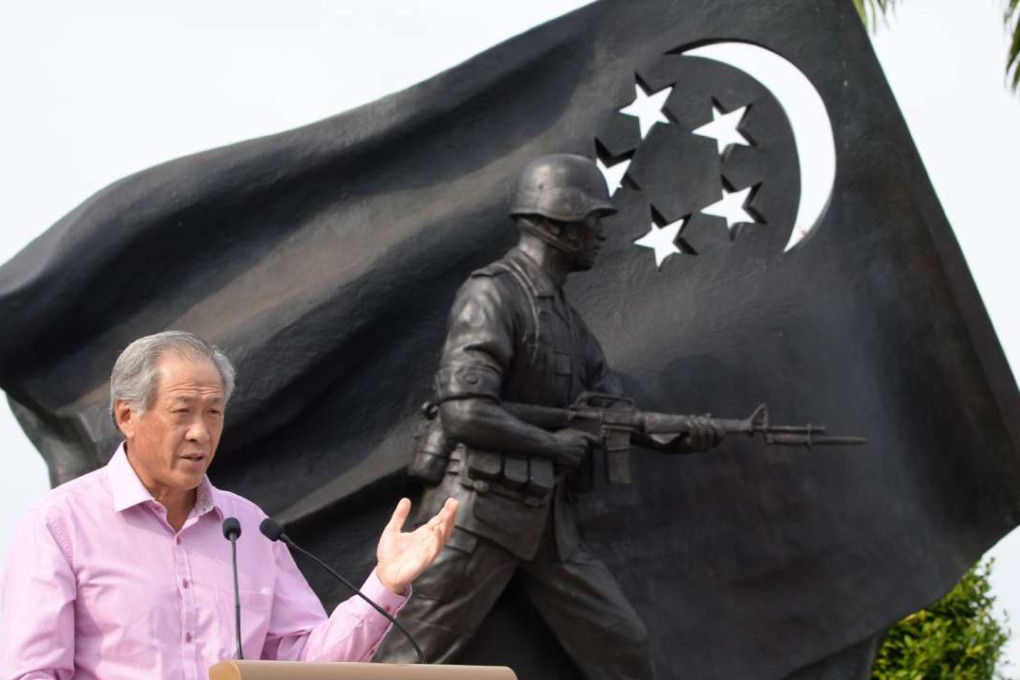Singapore military hack ‘probably state sponsored’
Breach of defence ministry’s ‘I-net’ system stole identity card information, telephone numbers and dates of birth of 850 people

The Singaporean military’s dedicated web access system was breached this month by hackers thought to be hunting for official secrets, the government said on Tuesday.
Investigations into the breach of the Ministry of Defence’s “I-net” system – which is detached from computers dealing with classified information – found the personal information of about 850 people had been stolen, the ministry said.
One analyst said there was a “high probability” that the hack was state sponsored.
The I-net system is air-gapped, meaning that computers linked to it do not have access to a separate system that handles the digital exchange of classified information.
Can Hong Kong follow Singapore’s lead in water tariffs?
“Investigations are ongoing. The attack on I-net appeared to be targeted and carefully planned. The real purpose may have been to gain access to official secrets, but this was prevented by the physical separation of I-net from our internal systems,” the ministry said.